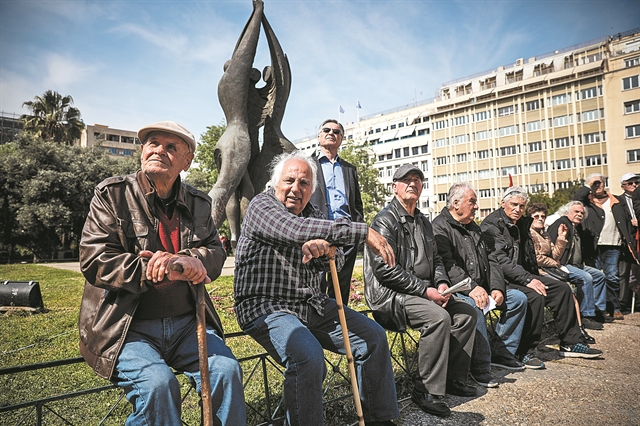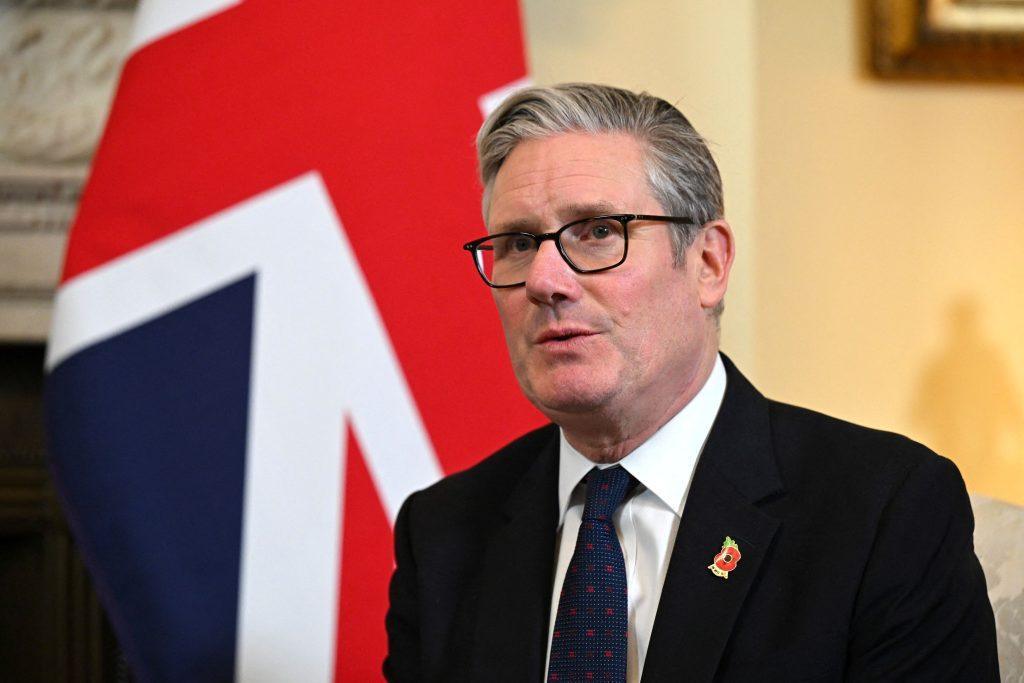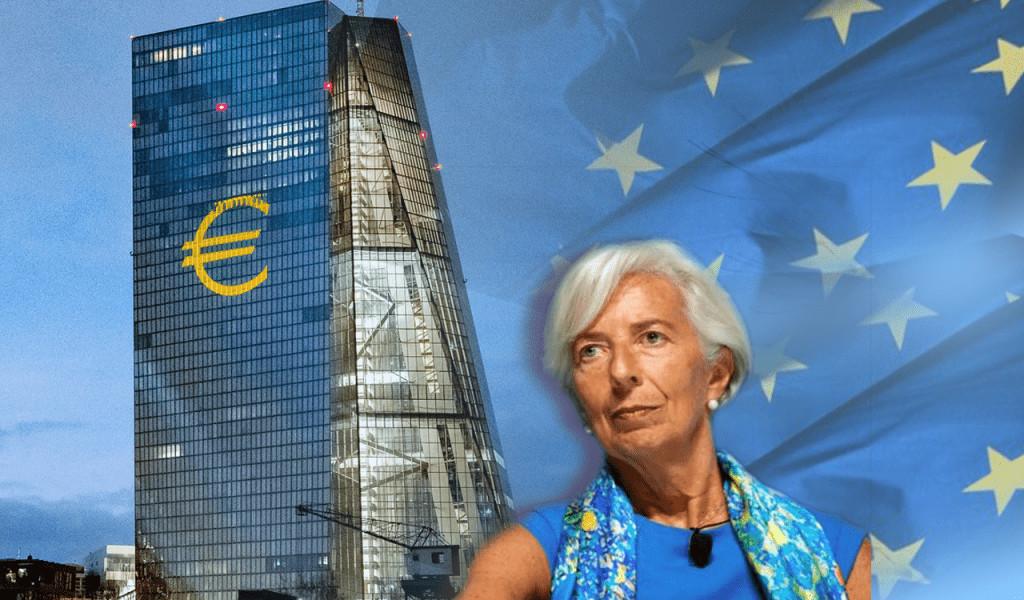The country’s social security system is mathematically being led to complete collapse, regardless of measures to solve its other problems, under the weight of the constantly worsening figures of the demographic problem.
An OECD report states that Greece will be forced to increase the retirement age by almost 1.5 years by 2035 and by a total of 2.8 years by 2050, due to the worsening of the demographic problem.
This deterioration consists on the one hand in the expected increase in life expectancy, and on the other hand in the reduction of the working age population (20-64 years old) which in Greece will reach 35%!!!

The report reiterates that the coming years will be difficult. By 2050, the number of pensioners corresponding to every 100 workers will double. That is, while in 1990 the ratio was 22.9 people over 65 per 100 workers, in 2020 the ratio was 37.8 and in 2050 it will reach 75.
An aged country
Indicative are the figures according to which – if the most acute national demographic problem is not resolved – in the year 2070, each person over the age of 65 will correspond to one – perhaps even less – person of working age, i.e. economically active.
Repeated reductions in pensions and increases in retirement limits become ineffective – over time – if solutions are not found to the exacerbated demographic problem. An important contribution to the collapse of the system is also the explosive rise of flexible forms of employment that cause an increased loss of income for the system.
Today’s official picture of the ratio of employed pensioners shows that for every pensioner there are 1.5 workers, while fifteen years ago this ratio was close to one pensioner to two workers.
The report of the Minister of Labor in Parliament is indicative as it determined this ratio at 1 to 1.7 at the time when the insurance system was structured with the assumption that for every 4 workers there will be one pensioner. In fact, it expressed the assessment that in 2030 Greece will have taken from Italy an “unwanted first place, that is, we will be the oldest country in Europe”.









































